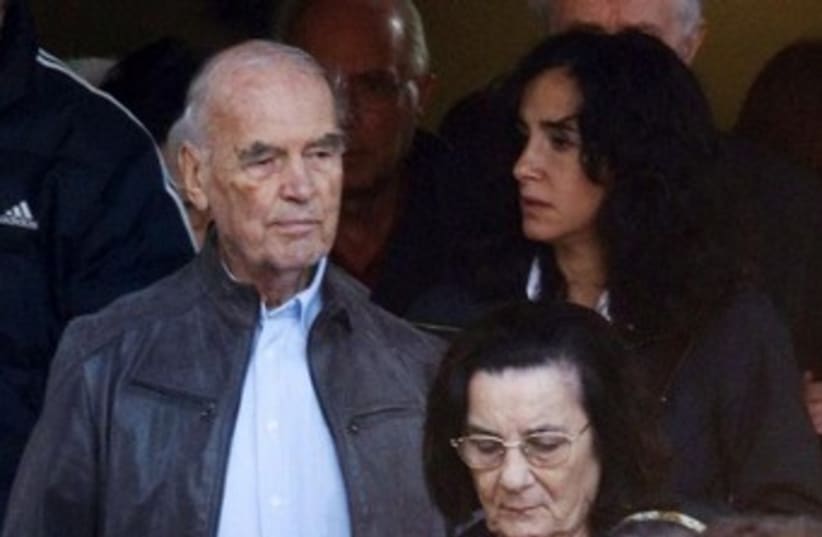"Argentines will not accept this kind of affront to human dignity."The war criminal's lawyer, Paolo Giachini had that Priebke would be buried near his wife in Argentina, where he fled after the war, according to the report.
The Israelite Argentine Mutual Aid Association (AMIA) and the Delegation of Argentine Jewish Associations (DAIA), hailed Buenos Aires's decision to refuse Priebke's remains.The fact that Priebke had "resided with impunity for decades in our country, enjoying a life that so many civilians had been deprived of" was "an affront to the principles of the Republic," the DAIA said as quoted by AFP.It urged people "not to forget and not forgive the Nazi genocide, or any type of genocide."Priebke, who never apologized for his role in the killing of 335 civilians in 1944, was serving out a life sentence under house arrest.Priebke, who called himself "the last prisoner of war," was extradited to Italy in 1995 from Argentina and definitively convicted in 1998 after several appeals.Before his extradition to Italy, Priebke had been living a tranquil life since 1949 in the Argentine mountain resort town of Bariloche along with other former Nazis.Reuters contributed to this report.Report: Argentina refuses to accept the remains of Nazi war criminal Priebke
100 year-old died in Italy Friday; Jewish community in Argentina welcomes foreign ministry decision.
